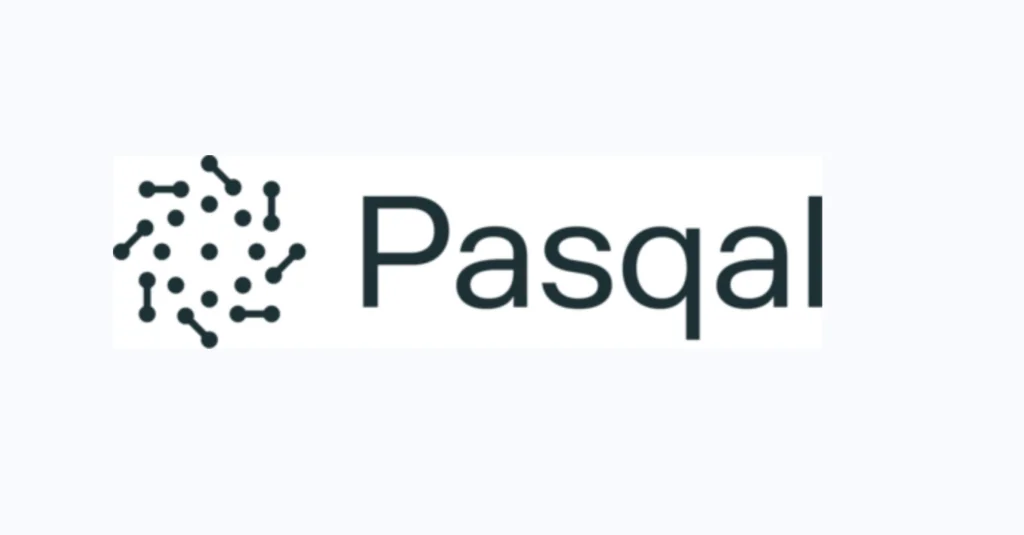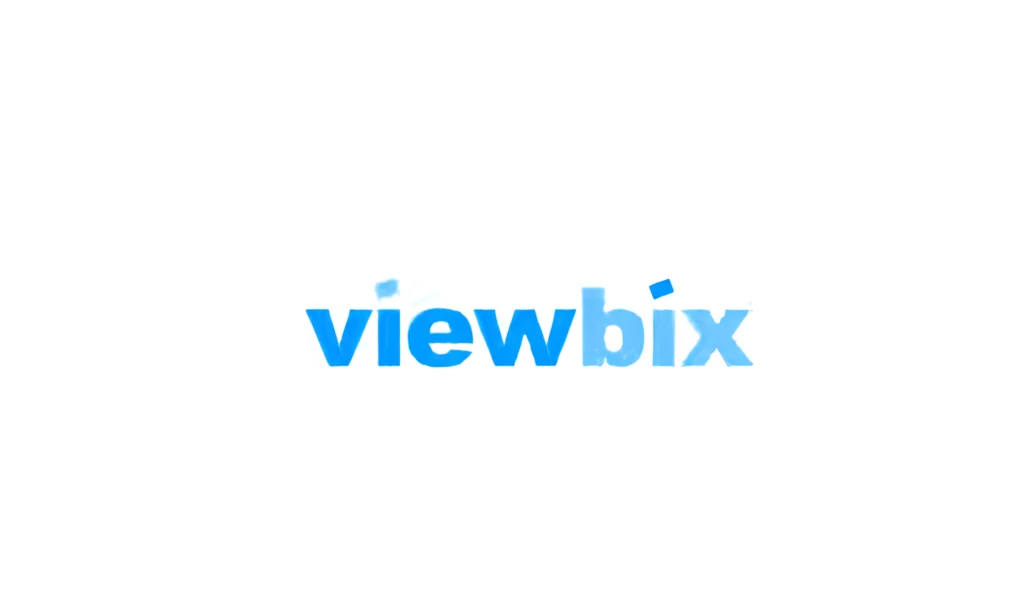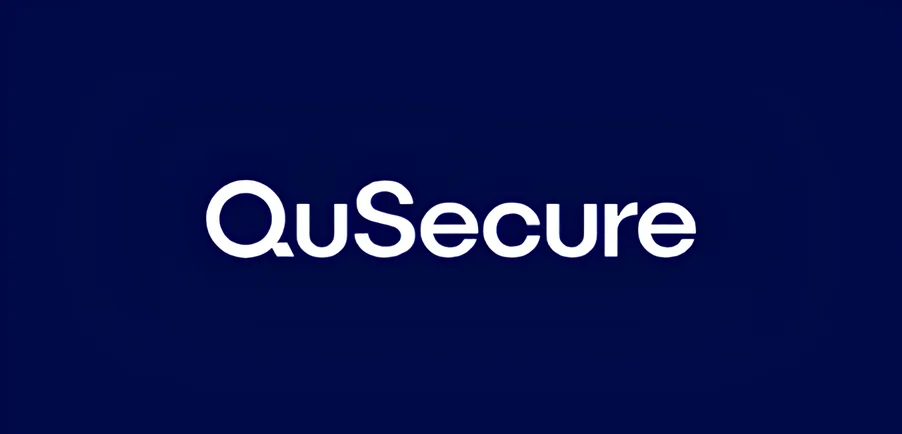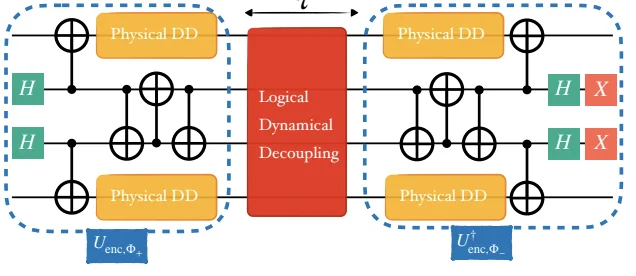Insider Brief
- planqc and d-fine win major contract to support the Quantum Computing Initiative of the German Aerospace Center.
- The project’s goal is to establish a unified platform for managing quantum algorithms and their execution.
- This project marks the third assignment for d-fine within the DLR Quantum Computing Initiative (DLR QCI).
- Image: planqc
PRESS RELEASE — planqc and d-fine win major contract to support the Quantum Computing Initiative of the German Aerospace Center in the development of compilers and a remote access platform for their quantum computers
The German Aerospace Center (DLR) has announced a significant collaboration with the quantum computer manufacturer planqc and the consulting firm d-fine to strategically advance its capabilities in quantum computing. The project’s goal is to establish a unified platform for managing quantum algorithms and their execution. The new DLR quantum computers will serve as hardware backends, one of which will be provided by planqc. This platform will also enable other DLR institutes and external partners to access DLR’s quantum computers.
In an email interview with The Quantum Insider, Planqc co-founder Alexander Glätzle write: “In a groundbreaking initiative, the DLR, supported by over 740 million EUR from the German Federal Ministry for Economic Affairs, is transforming the quantum computing landscape in Germany and across Europe. This initiative not only delves into the diverse potential of qubits but also fosters an inclusive ecosystem, granting industry leaders, emerging startups, and research institutions direct access to state-of-the-art quantum computing technologies – something that is unparalleled worldwide. To further enhance this ecosystem, D-fine and Planqc are collaborating with the DLR to develop a unified compiler and a standardized remote access interface, thereby streamlining operations across all hardware platforms. This includes the neutral-atom quantum computer, for which Planqc was awarded a 29 million EUR contract in a Europe-wide tender.”

In a groundbreaking initiative, the DLR, supported by over 740 million EUR from the German Federal Ministry for Economic Affairs, is transforming the quantum computing landscape in Germany and across Europe. This initiative not only delves into the diverse potential of qubits but also fosters an inclusive ecosystem, granting industry leaders, emerging startups, and research institutions direct access to state-of-the-art quantum computing technologies – something that is unparalleled worldwide. To further enhance this ecosystem, D-fine and Planqc are collaborating with the DLR to develop a unified compiler and a standardized remote access interface, thereby streamlining operations across all hardware platforms. This includes the neutral-atom quantum computer, for which Planqc was awarded a 29 million EUR contract in a Europe-wide tender.
planqc and d-fine were selected due to their expertise in software programming and their deep understanding of compilation strategies. In the ALQU project, their role will focus on integrating quantum compilers into the DLR’s quantum computer architecture, to enable efficient and user- friendly access to this advanced technology.
The realization of this platform requires technologies covering the entire quantum compiler stack. This includes not only hardware-specific compilation but also the management of experiments, the application of error correction methods, and the provision of simulators with various error models.
For planqc and d-fine, this project highlights the need for close co-design of hardware and software in quantum computing. It is crucial to incorporate hardware metrics and error models into the algorithms and ensure that the hardware supports efficient execution of these algorithms. ALQU aims to bridge this gap by focusing on efficient compilation for quantum computers.
Key Points
- The German Aerospace Center (DLR) has once again selected the companies planqc and d-fine. As part of the DLR Quantum Computing Initiative (DLR QCI), they are assisting in the development of an IT infrastructure to facilitate remote access to various DLR QCI quantum
- The objective is to provide users with access to a range of DLR quantum computers and enable the compilation of quantum algorithms for diverse hardware
- planqc, based in Munich’s Quantum Valley, was established in 2022 by scientists from the Max Planck Institute for Quantum Optics and the Ludwig Maximilian University of
- d-fine, a European consulting firm, specializes in analytically complex topics and employs 1,500 experts with scientific backgrounds. A major focus area is the practical implementation of quantum computers in businesses and financial
- This project marks the third assignment for d-fine within the DLR Quantum Computing Initiative (DLR QCI). In addition to their task of building a neutral atom quantum computer for 29 million euro, planqc has been commissioned by the DLR for two other algorithms.
For more market insights, check out our latest quantum computing news here.















